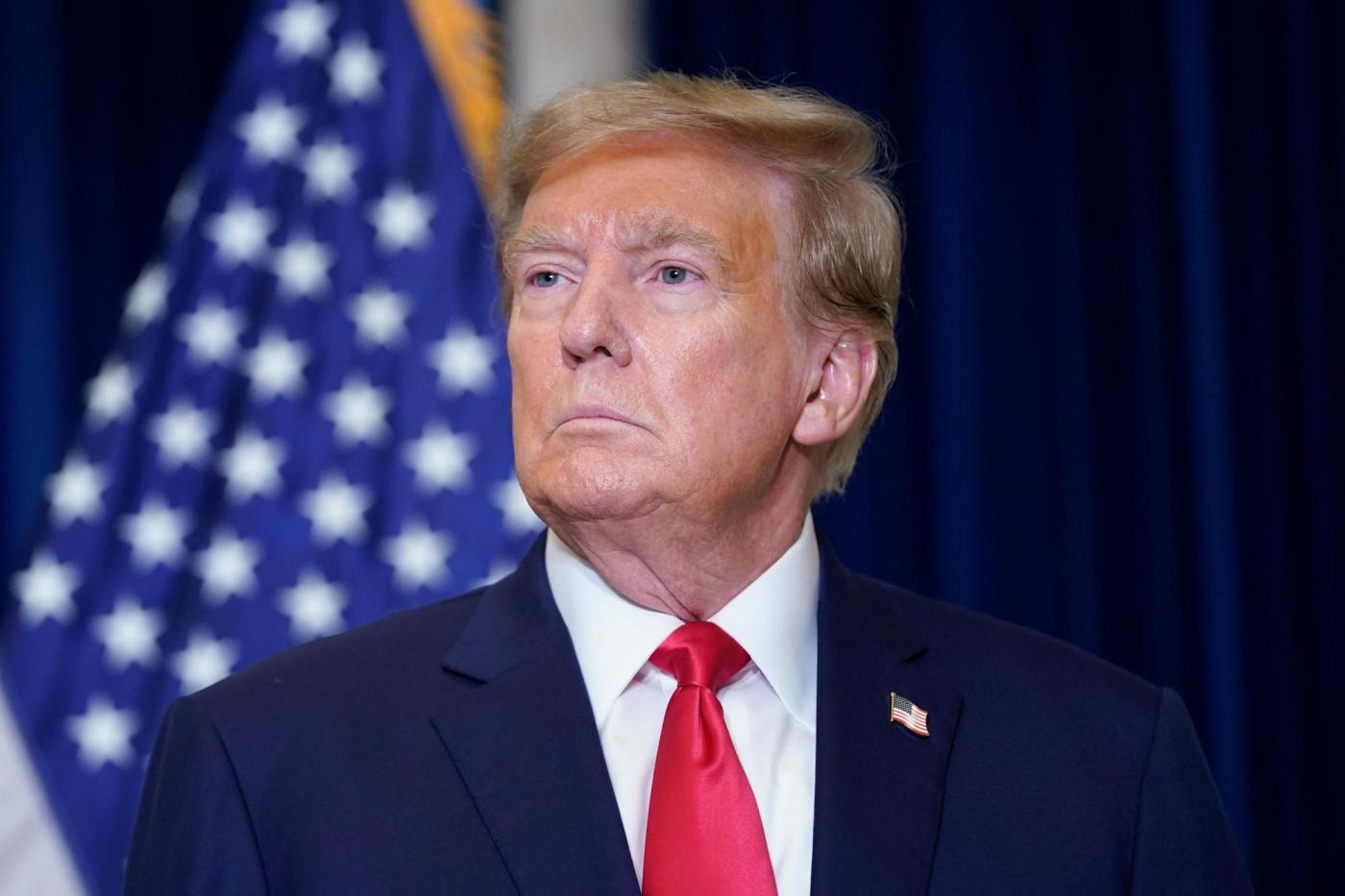
Effort to remove Trump from Massachusetts ballot moves forward
An effort to declare former President Donald Trump ineligible to appear on the Massachusetts state ballot is moving forward with a pre-hearing scheduled for next week on two challenges that focus on his role in the Jan. 6 riot on the U.S. Capitol.
The Massachusetts State Ballot Law Commission plans to hold a pre-hearing conference Thursday in Boston on the two objections where commissioners could schedule future meetings or dismiss the challenges, according to Secretary of State William Galvin’s office.
The hearing comes as the U.S. Supreme Court has decided to weigh in on the matter, scheduling arguments in February over a Colorado ruling that bumped Trump off the state’s ballot using a provision of the Constitution’s 14th Amendment.
Free Speech for People, a liberal advocacy group, and Boston-based Attorney Shannon Liss-Riordan, filed one of the challenges in Massachusetts.
They argued Trump should be kept off the Massachusetts Republican primary ballot because he violated a Civil War-era clause that bars from office anyone who took an oath to uphold the Constitution but engaged in an “insurrection or rebellion” against it.
But even if the challenge is successful, Galvin has said Trump will appear on the Massachusetts presidential primary ballot because of printing timelines and the process by which state parties submit names for ballot placement.
Eligibility to serve in office is a different matter, Galvin said.
“If for whatever reason the Democratic Party wanted to put (former President Barack) Obama or some other ineligible person, clearly ineligible person on the ballot, they could. But it wouldn’t mean that they’d be automatically eligible to be serving again,” Galvin previously told the Herald.
Trump’s name will appear fifth on the Republican presidential primary ballot after Galvin drew candidates’ names at random earlier this month.
Free Speech for People and Liss-Riordan are representing five voters, including former Boston Acting Mayor Kim Janey, who asked the commission to “abide by Section 3 of the 14th Amendment and bar Trump from appearing on the state ballot.”
Challenges to Trump’s ballot eligibility have been filed across the United States, and only Maine and Colorado have removed the former president, who is also accused of trying to overturn the 2020 election results, from their ballots.
The Oregon Supreme Court declined to wade into a challenge to Trump’s eligibility filed in the state, effectively keeping him on the ballot.
The second challenge in Massachusetts was filed by Michael Robertson Jr,. Kevin Batt, Theresa Mason, and Stephanie Sanchez, according to Galvin’s office.
The Massachusetts State Ballot Law Commission typically has five members but, at the moment, only three spots are filled.
Retired Judge Francis Crimmins Jr., a Republican, chairs the commission, and former state Sen. Joe Boncore, a Democrat, and Attorney Joseph Eisenstadt, a Democrat, are also members.
Materials from the Associated Press were used in this report.

